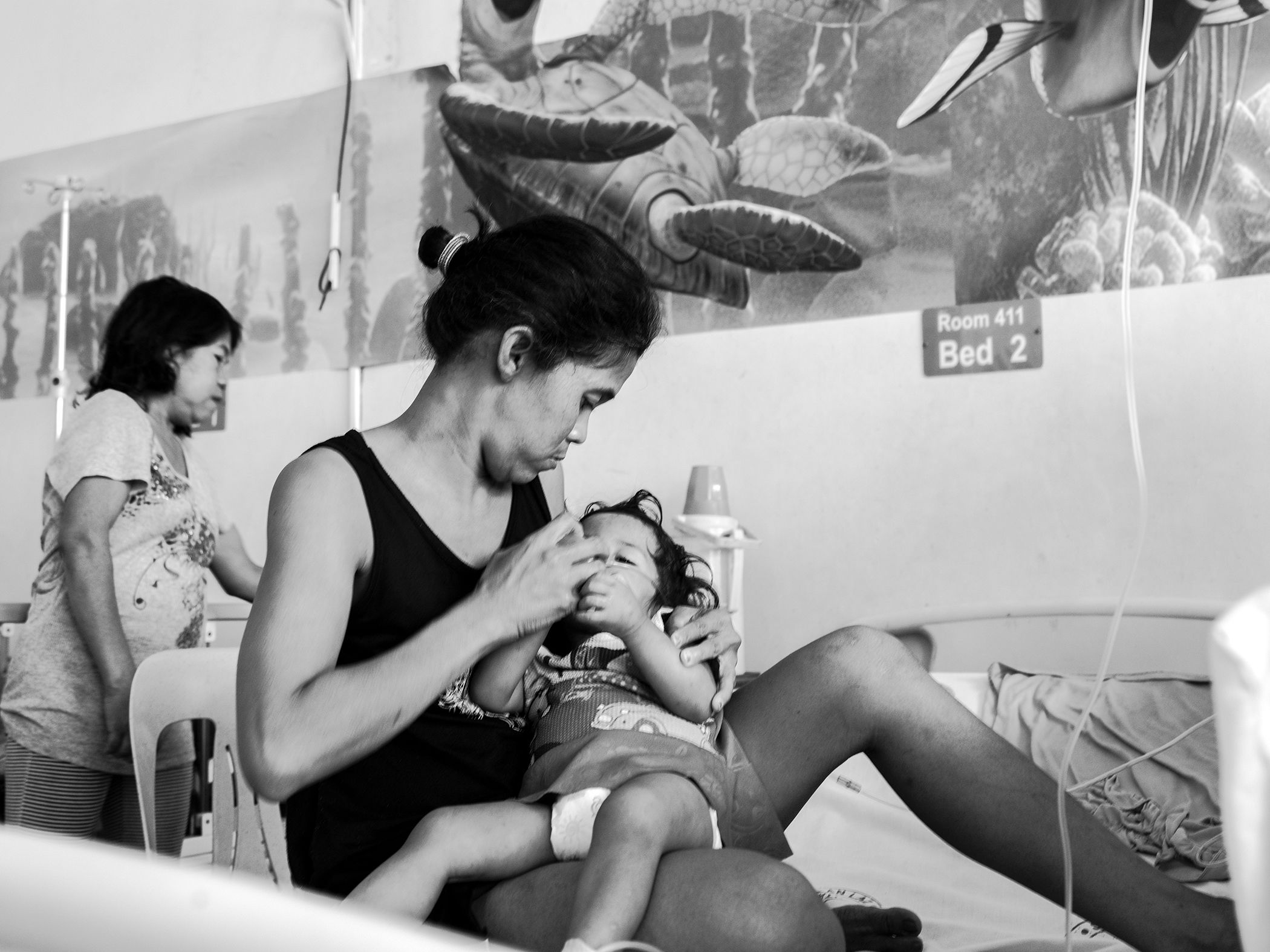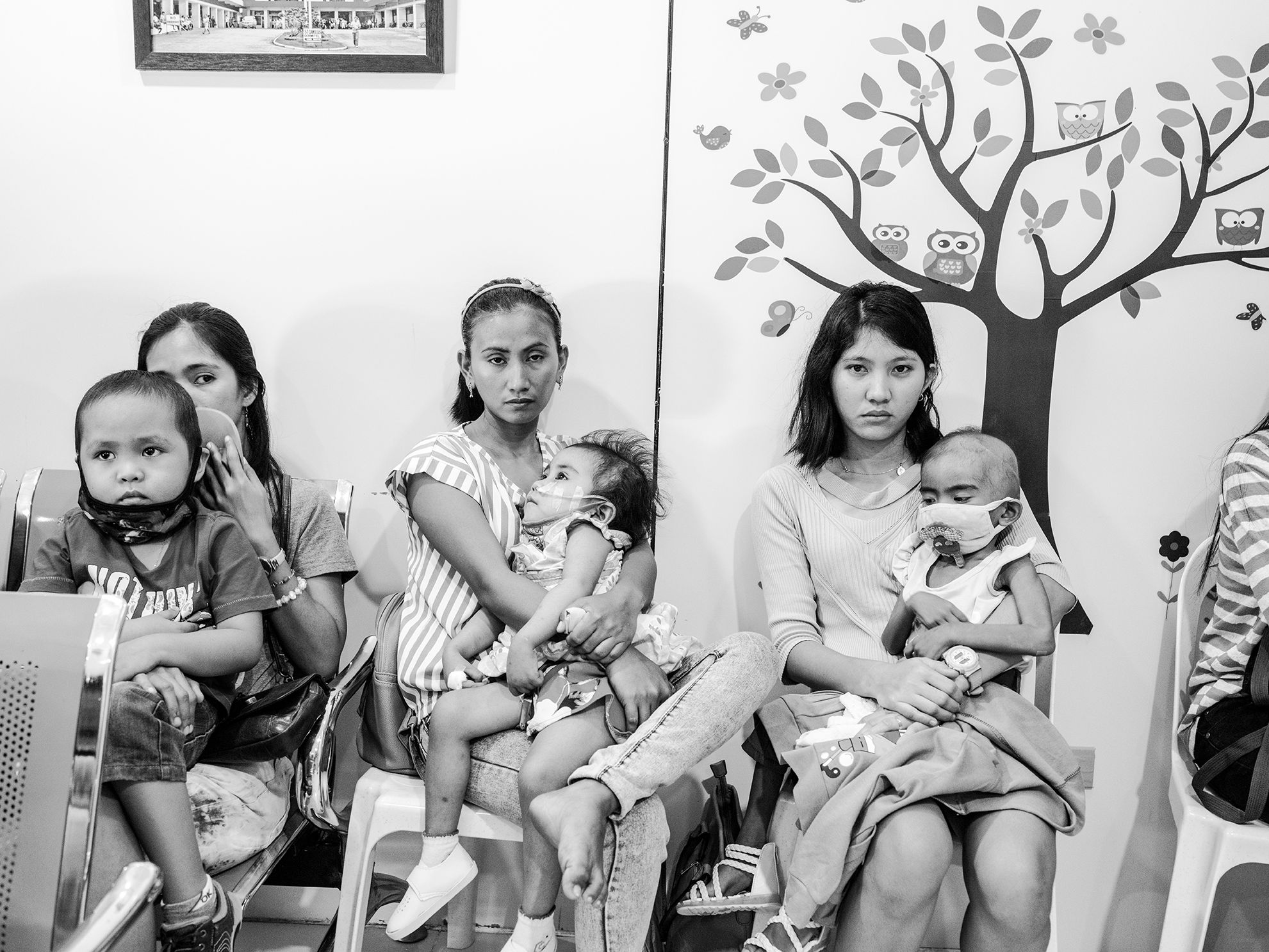We use cookies to ensure you get the best browsing experience. By continued use, you agree to our privacy policy and accept our use of such cookies. For further information, click FIND OUT MORE.
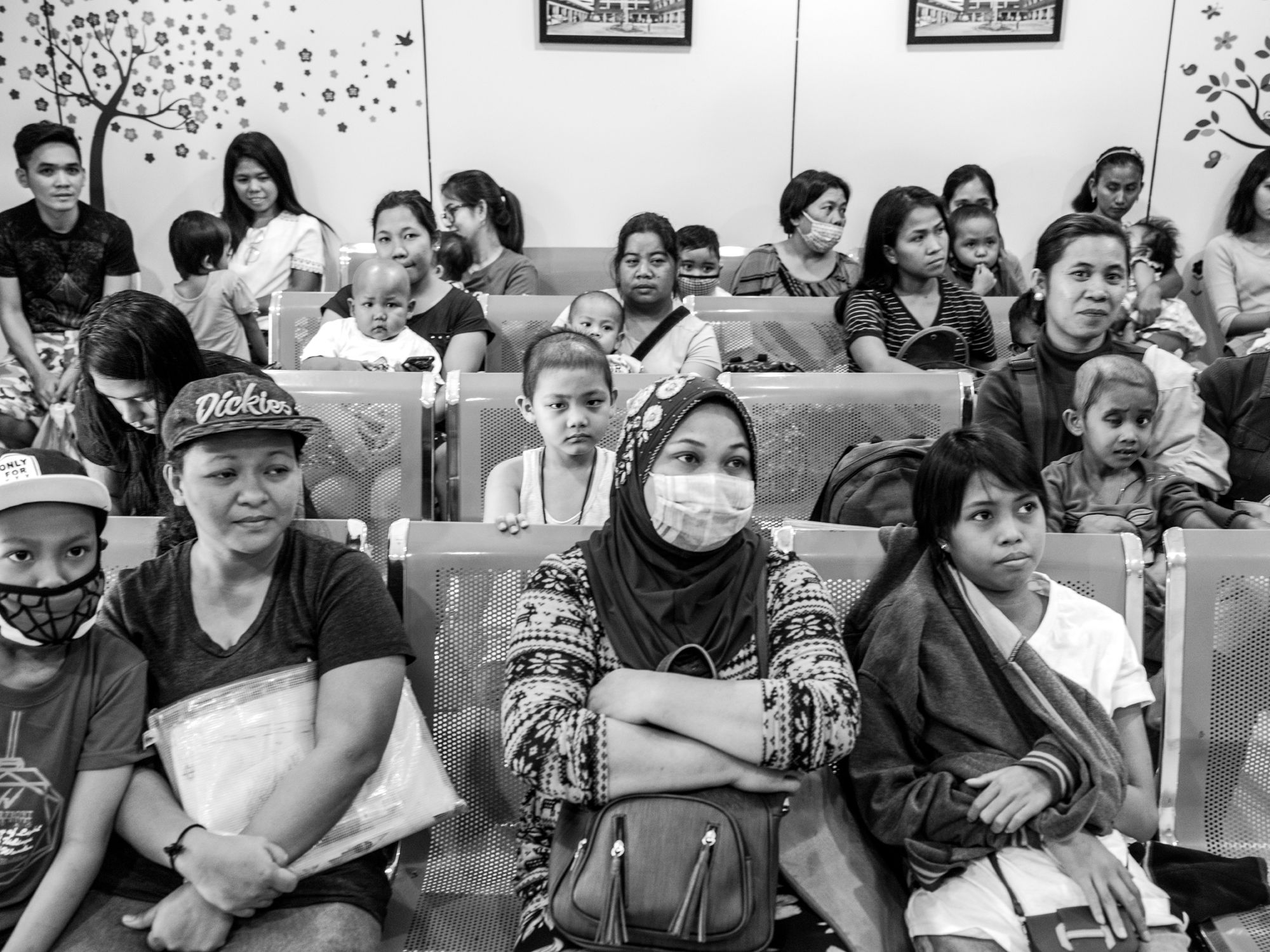
By RICK ROCAMORA
September 2, 2020
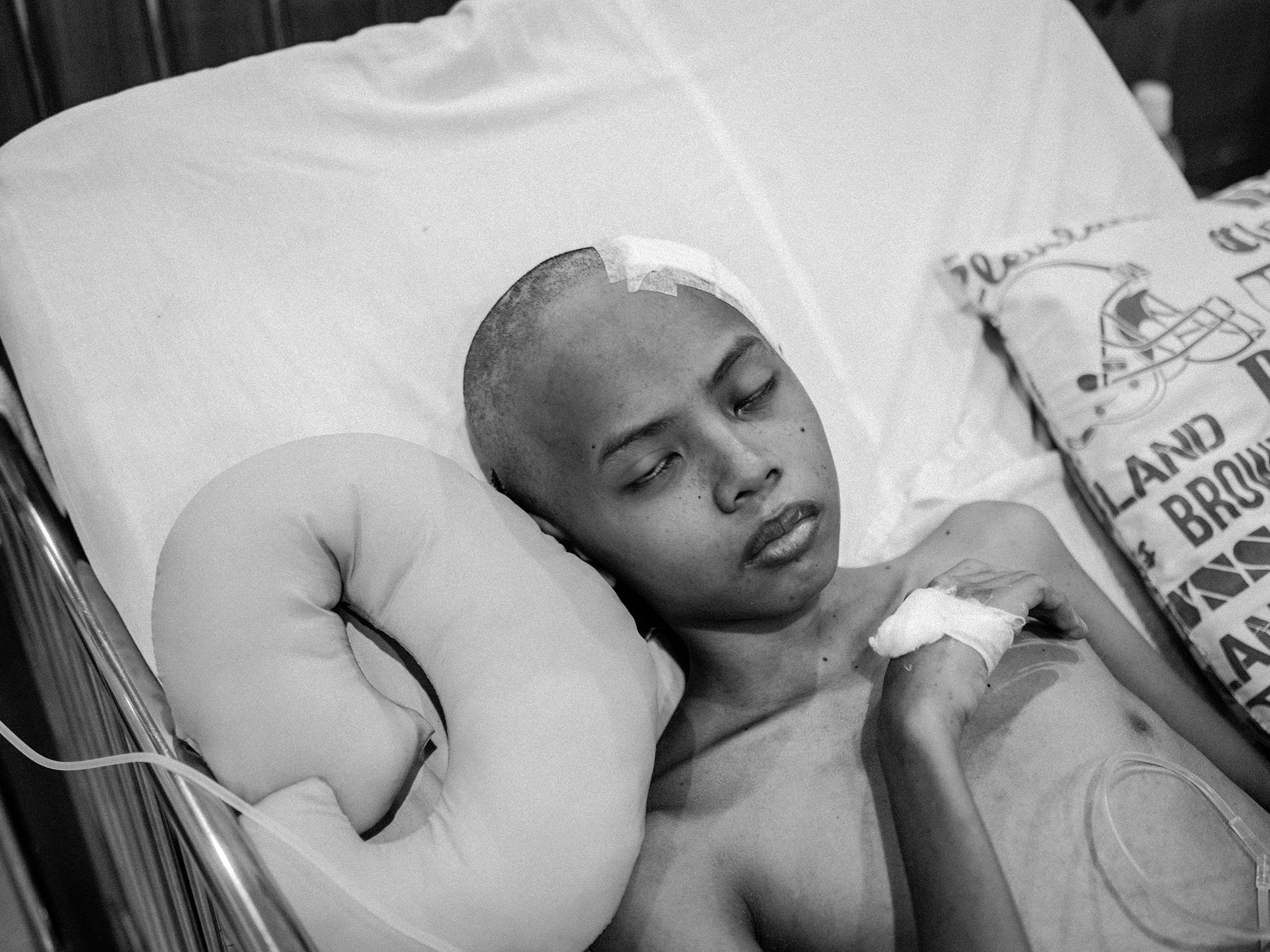
Editor's Note: In 2019, acclaimed documentary photographer Rick Rocamora traveled the Philippines to work on the book "Alagang Angara," aiming to document the legacy of the late Senator Edgardo J. Angara. In the course of his project, Rick spent a significant amount of time documenting beneficiaries of PhilHealth, which was established through Republic Act 7875 that Angara authored.
GMA News Online is running this photo essay to serve as a stark reminder of who needs PhilHealth the most, even as top leadership of the state health agency has been the subject of graft and corruption allegations over the last several weeks.
In 2019, I traveled different parts of Luzon, Visayas, and Mindanao in order to personally assess the impact of the PhilHealth law to citizens. It was as part of a commissioned book project “Alagang Angara” to document his legacy as a legislator and an educator, as well as his vast contributions to the promotion of our culture and arts.
It could have been an easy assignment if I just took portraits of administrators of PhilHealth and recorded their testimonials. However, I realized that getting feedback directly from actual beneficiaries of this noble legislation was more powerful to accurately gauge its real value and importance.
The most common reaction was from people who compared their situation to the past, when a patient must first place a deposit before being admitted for hospitalization or for availing outpatient benefits. Now, they are more empowered as PhilHealth members because the accredited facilities are assured of payment via their PhilHealth benefits coverage.
PhilHealth’s “No Billing Policy” paved the way for indigent patients to get treatment without worrying on how to pay their total hospital expenses in government facilities. Many patients’ families avoided borrowing money in order to save the lives of their loved ones.
In 2019, the landmark Universal Healthcare Act was signed, further enhancing the role of PhilHealth to guarantee free medical check-ups, laboratory tests, and medicine. Incidentally, Angara's son Sen. Juan Edgardo “Sonny” Angara was one of the co-authors of the legislation.
During this pandemic, the role and importance of PhilHealth in providing substantial financial coverage for COVID-19 patients is further highlighted. A patient may get PhilHealth deductions ranging from Php 43,997 (for mild pneumonia) up to Php 786,384 (for critical pneumonia). This makes a big difference to many families, especially the poorest of the poor, as they not only confront the effects of this deadly virus but also the financial burden of treatment and hospitalization.
Recent news reports of alleged fraudulent activities that endanger the viability of PhilHealth will jeopardize one of the most important benefits available for all citizens.
Every Filipino, rich and poor, must protect the viability of the PhilHealth fund and voice their outrage and demand full disclosure and appropriate punishment for those found guilty.
It is now our civic duty as responsible Filipinos to respond and protect PhilHealth, in honor of Sen. Angara’s legacy, so that the future generation of Filipinos will also benefit from this landmark legislation.
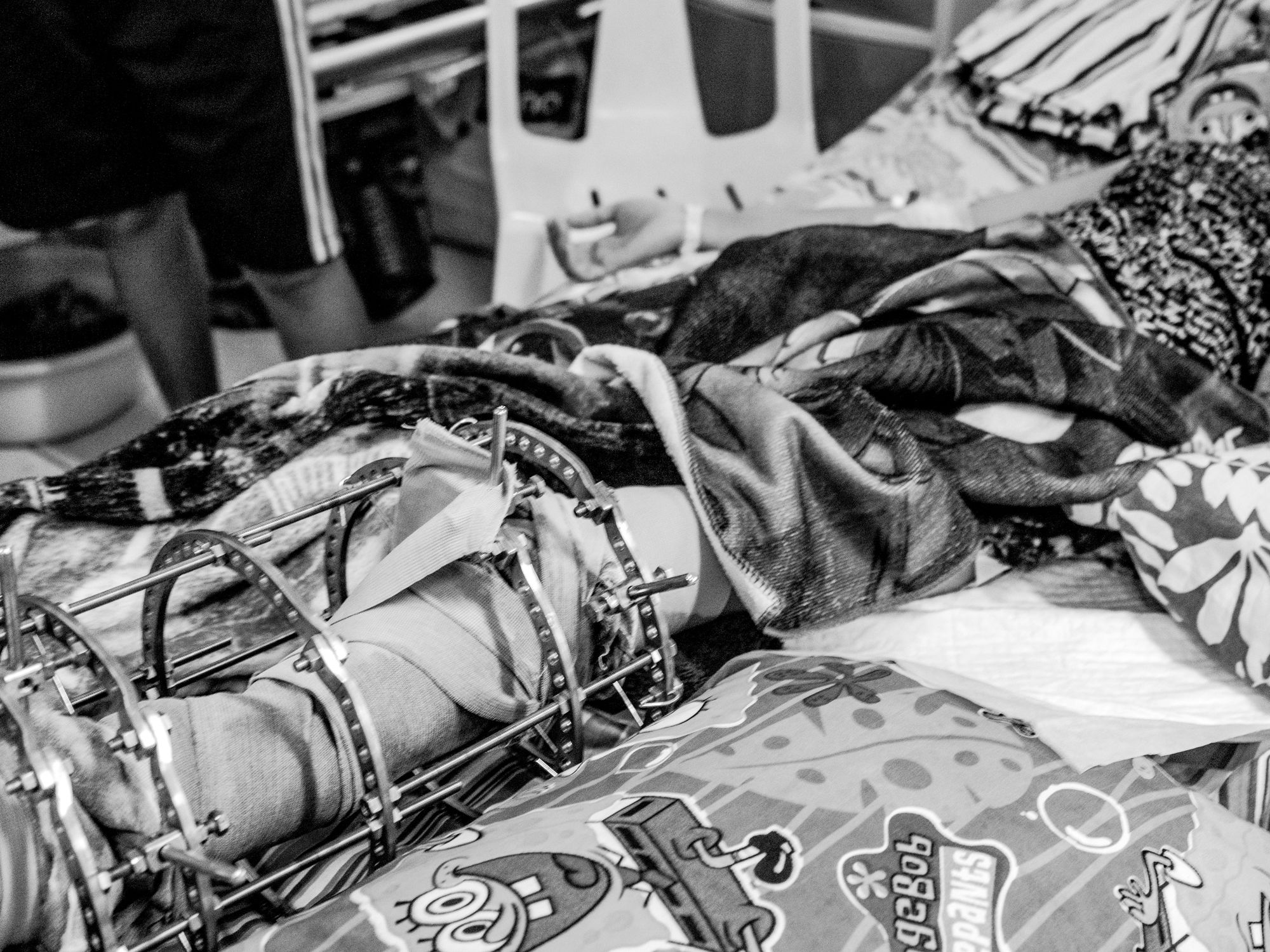
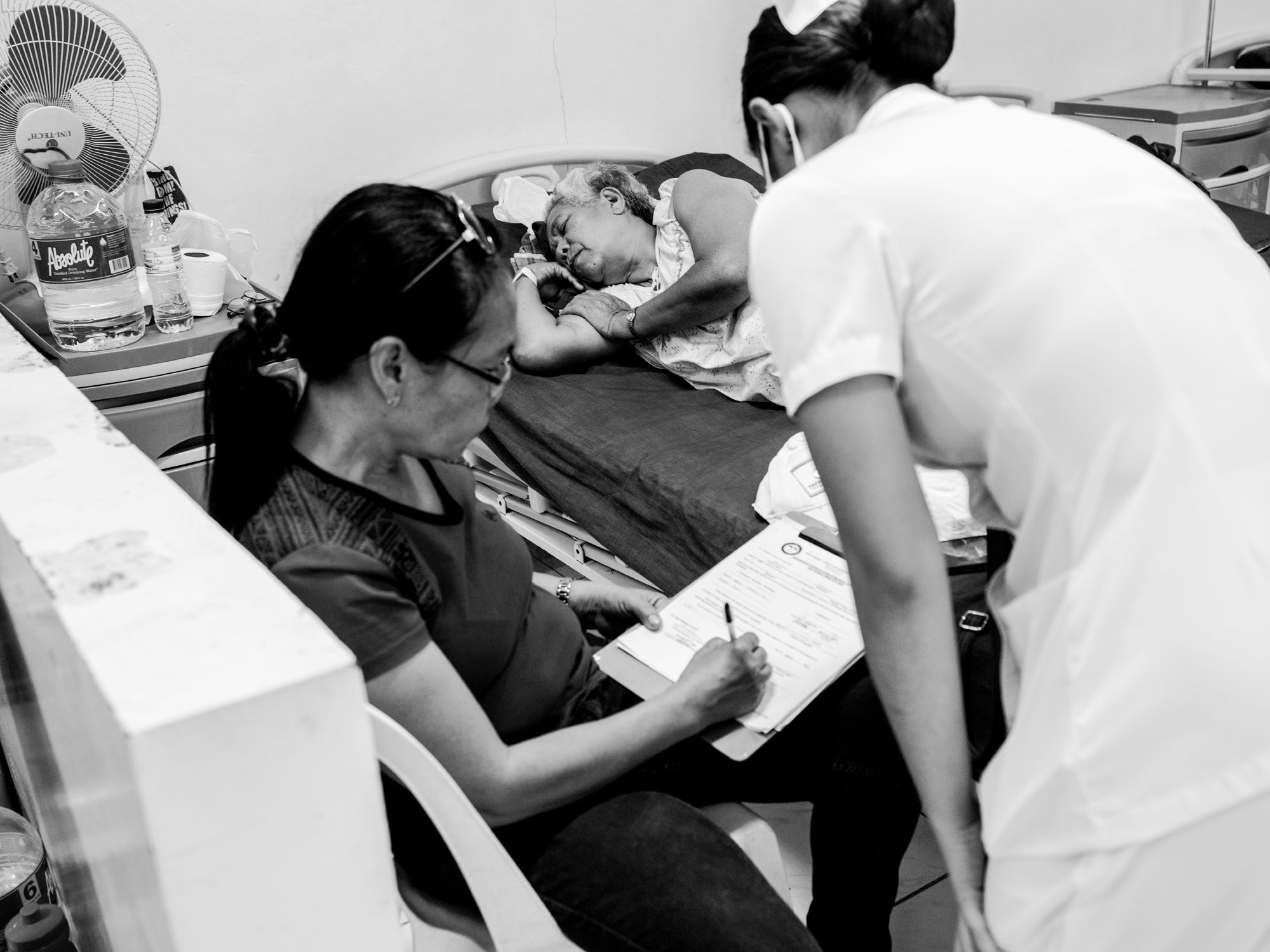
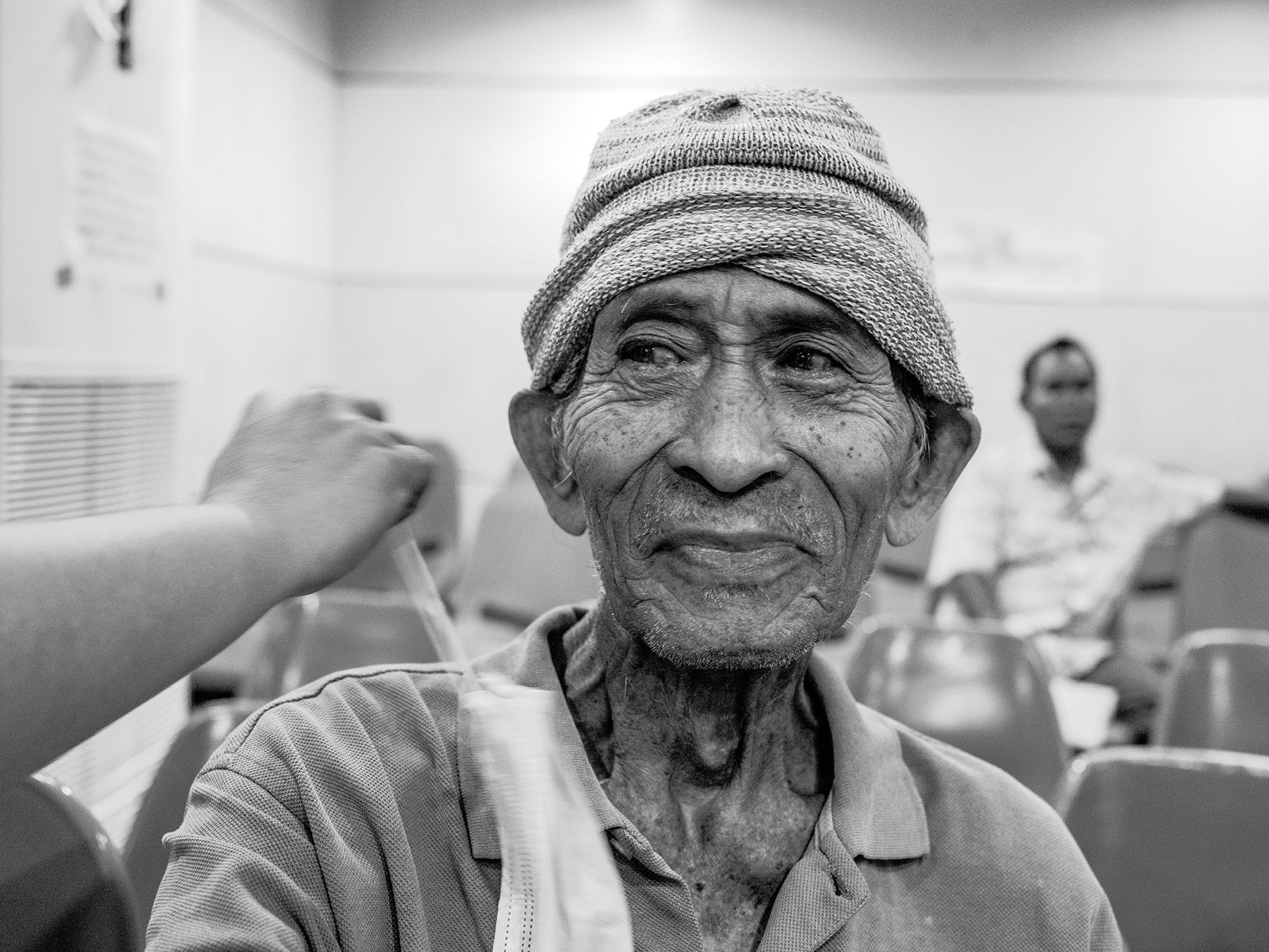
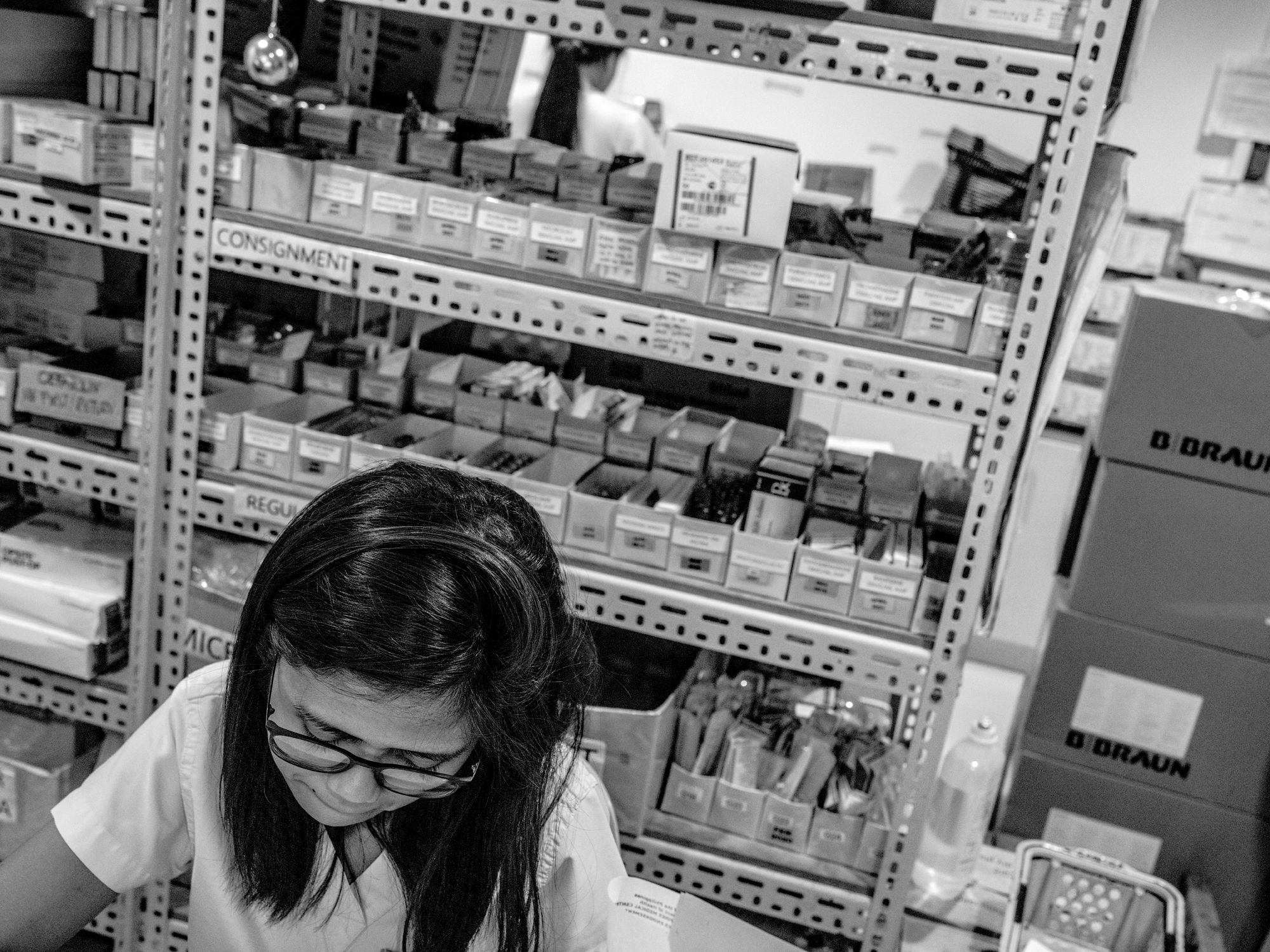
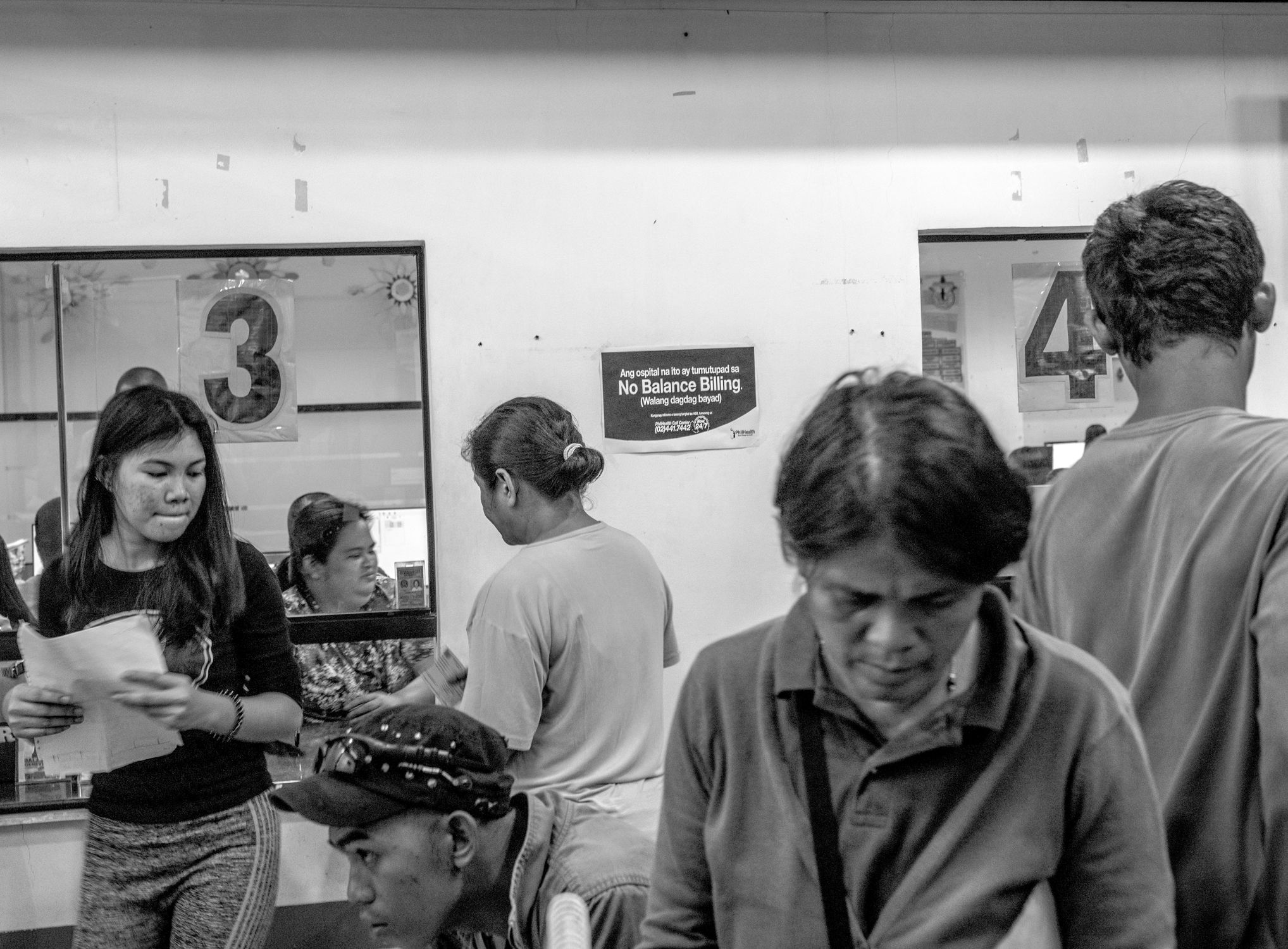
The Southern Philippines Medical Center follows the no-balance billing policy. The Universal Healthcare Law in 2019 envisions that all Filipinos may enjoy the policy, where no other fees or expenses, including professional fees, shall be charged to PhilHealth members admitted in any basic or ward accommodations.
